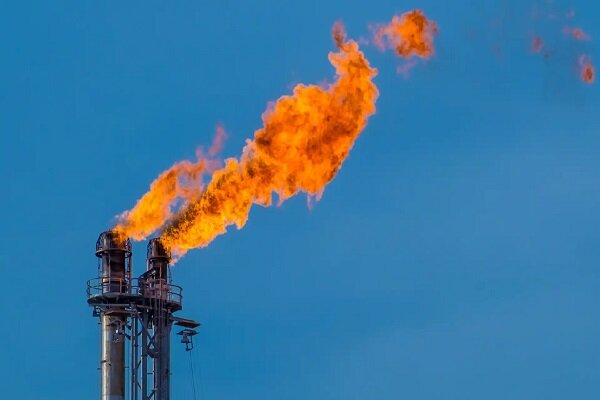
Similar Posts
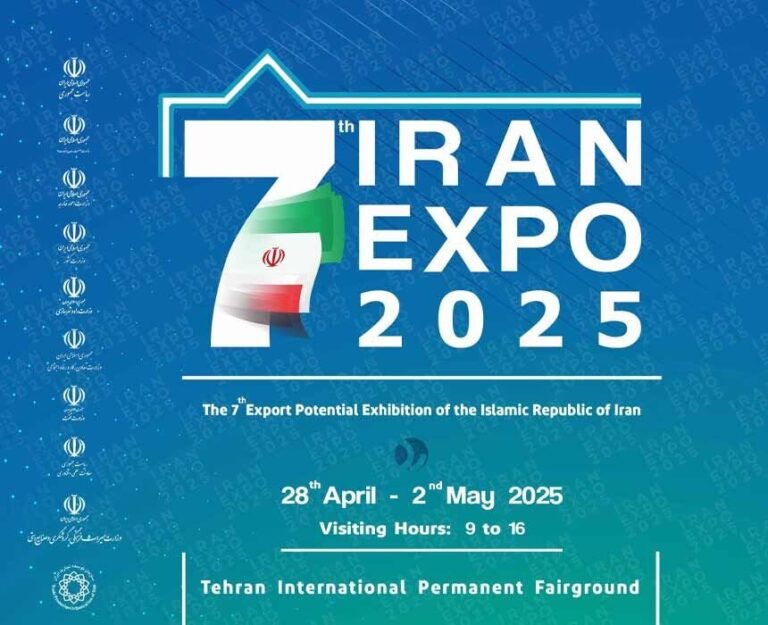
Over 30 Chamber of Commerce Leaders Set to Attend Iran Expo 2025: A Gateway to Global Business Opportunities!
Iran Expo 2025, scheduled for April 28 to May 2 at Tehran Permanent International Fairgrounds, aims to showcase innovations from various countries and enhance international trade relations. Over 30 chairmen from Chambers of Commerce will attend, highlighting its significance. The event is expected to attract notable participation from traders in Africa and America, with Pakistan leading in trade delegations, emphasizing strengthened economic ties. The expo will feature innovative product displays, networking opportunities, and discussions on trade policies, making it a vital platform for collaboration and market insights. Overall, it promises to be a pivotal event for global trade advancement.
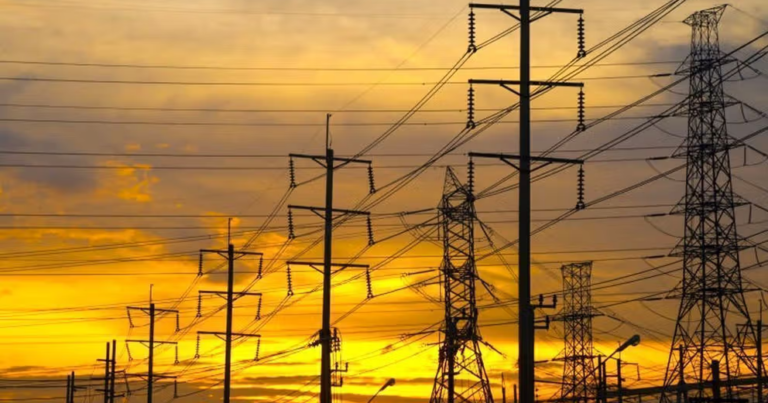
Iran Launches Solar Panel Initiative in Government Offices to Combat Energy Shortage
Iran’s President Masoud Pezeshkian has ordered the installation of solar panels in government offices to combat the country’s energy shortages, as reported by state media. This initiative is part of a broader strategy to address energy imbalances through equitable policies and community involvement. Pezeshkian emphasized modernizing heating equipment, banning inefficient appliances, and expanding smart meters. Iran faces significant energy challenges, including aging infrastructure and international sanctions, which have led to widespread electricity shortages and gas deficits. The government’s focus on renewable energy and public engagement aims to create a more sustainable energy future for the nation.
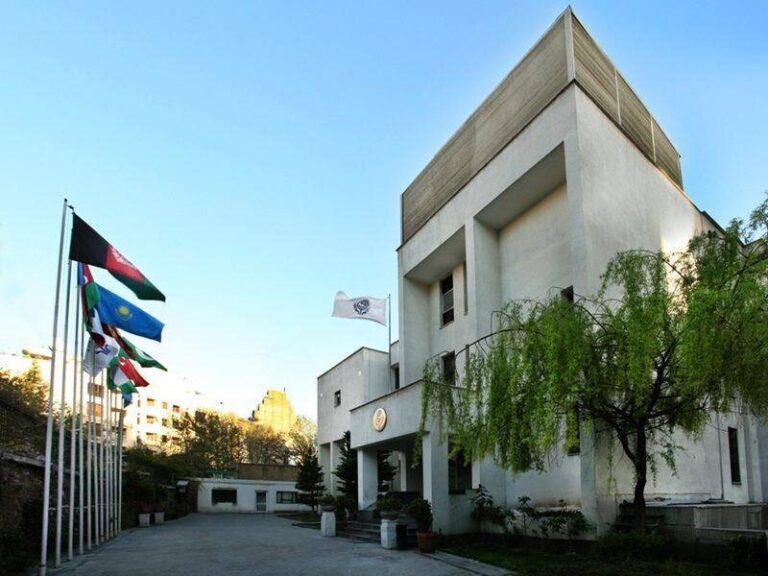
Tehran Welcomes ECO Member States for Key RPC Meeting: A Hub of Regional Cooperation
Tehran will host the 35th Regional Planning Council (RPC) of the Economic Cooperation Organization (ECO) on February 23, 2023. This meeting aims to enhance economic collaboration among member states by addressing regional development issues. Key objectives include strengthening ties, boosting economic growth, fostering technical cooperation, and promoting cultural exchange. The ECO focuses on regional economic integration and resource sharing to tackle common challenges like poverty and unemployment. Expected outcomes include policy recommendations, joint projects, and new investment opportunities. This council represents a significant step towards a more integrated and prosperous region, fostering collaboration among leaders and experts.
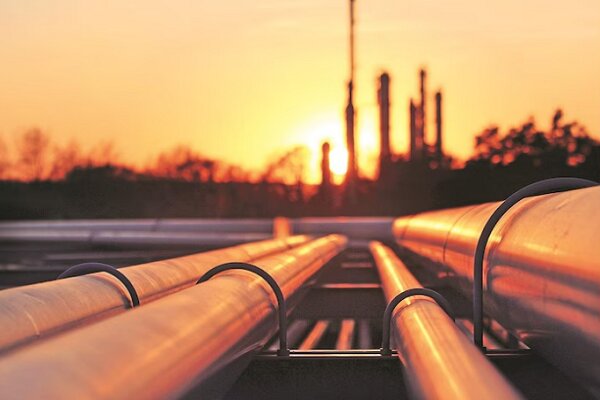
Oil Prices Dip as US Pauses Tariffs on Mexico and Canada: What It Means for the Market
Brent crude futures fell 0.7% to $75.46 per barrel, while U.S. West Texas Intermediate (WTI) crude dropped 1.2% to $72.27. Canadian PM Justin Trudeau and Mexican President Claudia Sheinbaum agreed to strengthen border enforcement in response to immigration and drug smuggling concerns, pausing a planned 25% tariff and a 10% energy import tariff for 30 days. OPEC+ decided to maintain its gradual oil output increase strategy. Additionally, former President Trump plans to discuss trade issues with Chinese President Xi Jinping as a 10% duty on Chinese imports looms. Upcoming U.S. oil stockpile data is also awaited.
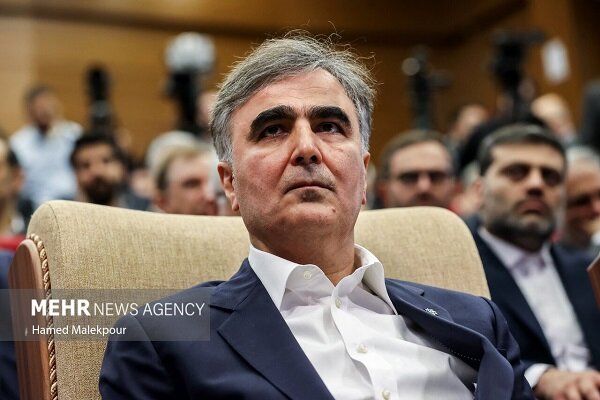
Iran’s Central Bank Boosts Trade Opportunities for Merchants
The Governor of the Central Bank of Iran (CBI) recently outlined strategies to enhance international banking and monetary communications to benefit traders and merchants. Key initiatives include improving banking operations, financing manufacturing enterprises, and supporting knowledge-based companies to boost technological exports. A commercial foreign currency market will be established to facilitate exports and create a reference exchange rate based on supply and demand. These initiatives aim to integrate Iran’s economy with global markets, increase export opportunities, and ensure economic stability. The success of this strategy relies on collaboration between public and private sectors to navigate international trade effectively.
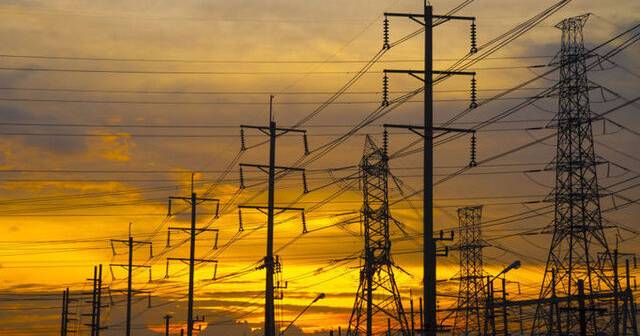
Revealing Confidential Data Uncovers Iran’s Energy Crisis: An In-Depth Look at the Struggles
Iran’s energy sector, under President Masoud Pezeshkian, faces scrutiny for misleading data amid severe blackouts and energy deficits. Despite claims of increased gasoline and gas production, a confidential Oil Ministry report reveals only modest growth and rising consumption, exacerbating shortages. In 2024, gasoline production increased by a mere 3.5%, while consumption soared, leading to quality concerns over diluted fuel. Additionally, official gas production claims are contradicted by international assessments, revealing a decline in growth rates from over 5% to around 2%. The reliance on inflated statistics has intensified public discontent, highlighting the urgent need for transparency and real improvements in the sector.